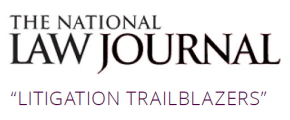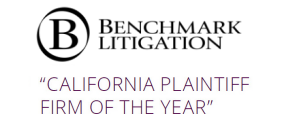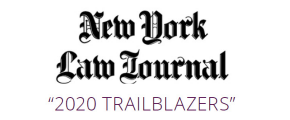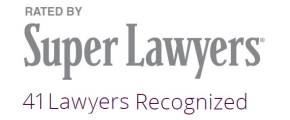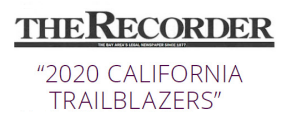On October 15, 2020, Lieff Cabraser filed an amicus brief on behalf of the American Antitrust Institute (AAI), Consumer Reports, and Public Citizen in the U.S. District Court for the Eastern District of California opposing a generic pharmaceutical association’s efforts to defeat pro-consumer anti-pay-for-delay legislation. A legal tactic used by branded drug manufacturers to stifle competition from lower-cost generic medicines, pay-for delay agreements are what emerge when companies band together and illegally agree not to compete over price.
In response to drugmakers’ attempts to sidestep existing competition laws, California passed Assembly Bill 824 (AB 824), which went in to effect in January 2020, and creates a framework for California courts to treat pay-for-delay agreements as presumptively unlawful under the Cartwright Act, California’s antitrust law. In numerous amicus briefs in courts throughout the U.S., the American Antitrust Institute and other consumer groups have long advocated for a similar approach under both state and federal law.
In November 2019, right after the bill was enacted, the Association for Accessible Medicines (AAM), a trade association that represents the interests of generic pharmaceutical manufacturers, filed a motion for a preliminary injunction against California Attorney General Xavier Becerra, seeking to bar the state from implementing or enforcing AB 824. In its brief, the pharma trade group argued that AB 824 prevents pro-competitive patent litigation settlements, leading to fewer generic challenges to branded pharmaceuticals, higher drug prices, and diminished public health.
The AAI filed briefs countering pharma’s arguments. This newest brief details the severity of the harm caused by insider payments to exclude generic competition, and why AB 824 is an appropriate and beneficial outgrowth of the logic underlying the Supreme Court’s watershed decision in FTC v. Actavis and the California Supreme Court’s decision in In re Cipro Cases I & II, where Lieff Cabraser and co-counsel won historic settlements of $399 million that restored almost 100% value to claimants.
The brief also explains that the public interest does not support an unfettered right for litigants to reach anti-competitive settlements between themselves. In particular, the public interest strongly disfavors settlements allowing for earlier generic entry that are nonetheless anticompetitive when they are accompanied by a reverse payment, that exclusive licenses can violate antitrust law notwithstanding that they are permitted under patent law, and why arguments similar to AAM’s arguments were appropriately rejected by the Supreme Court in Actavis.
Lieff Cabraser partner Eric Fastiff served as AAI’s local counsel and handled all aspects of the filing.
Contact us
Use the form below to contact a lawyer at Lieff Cabraser.


